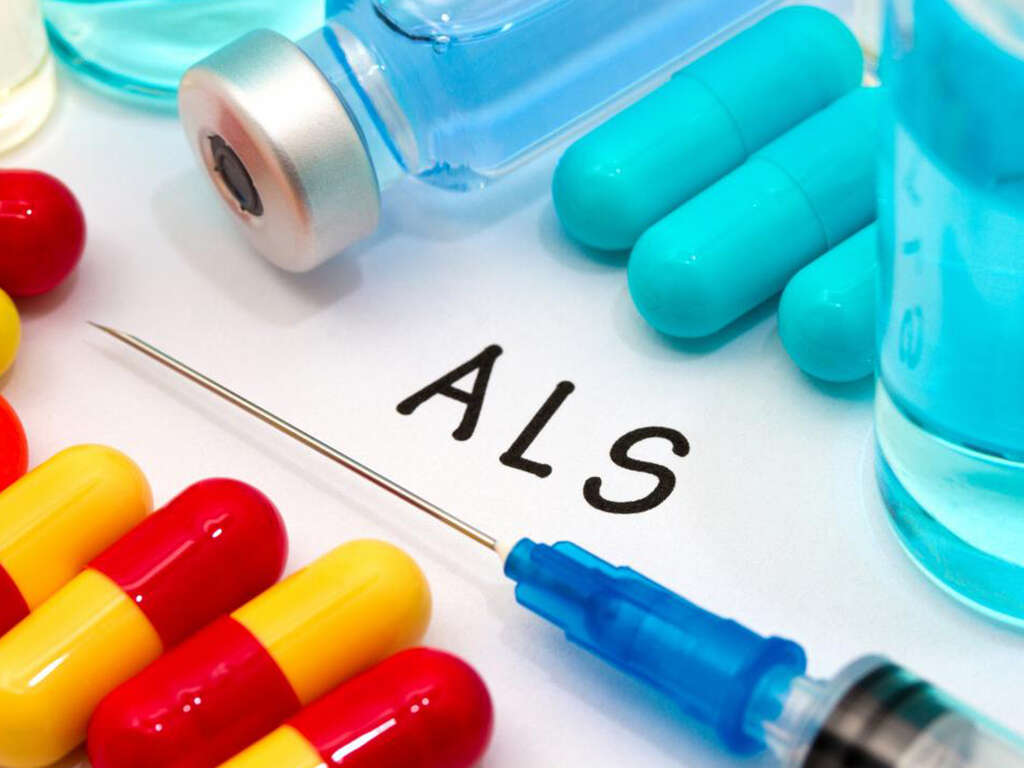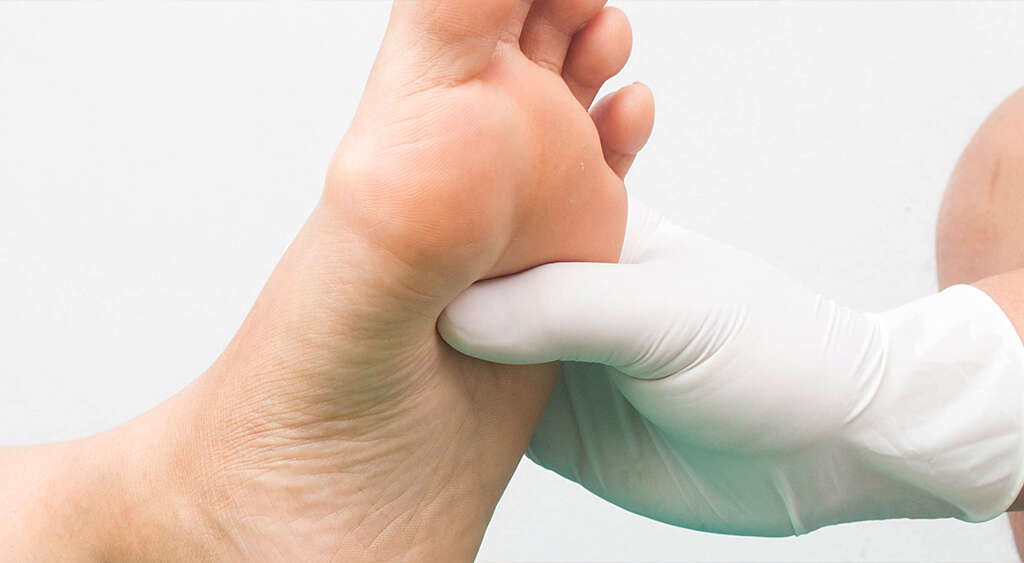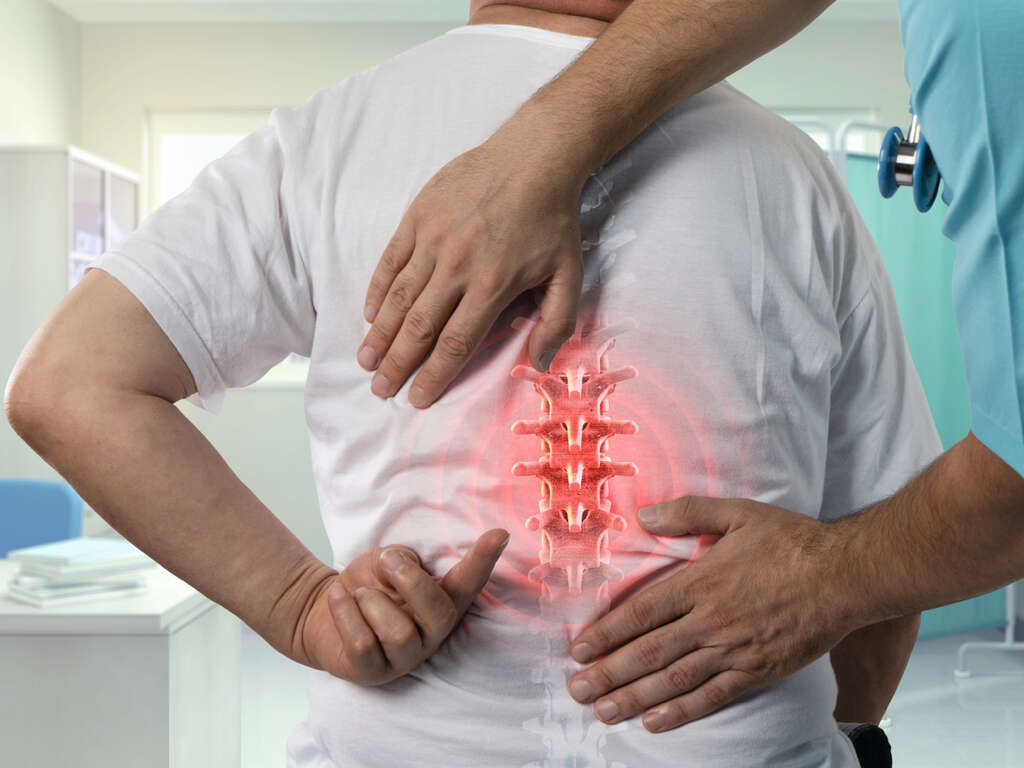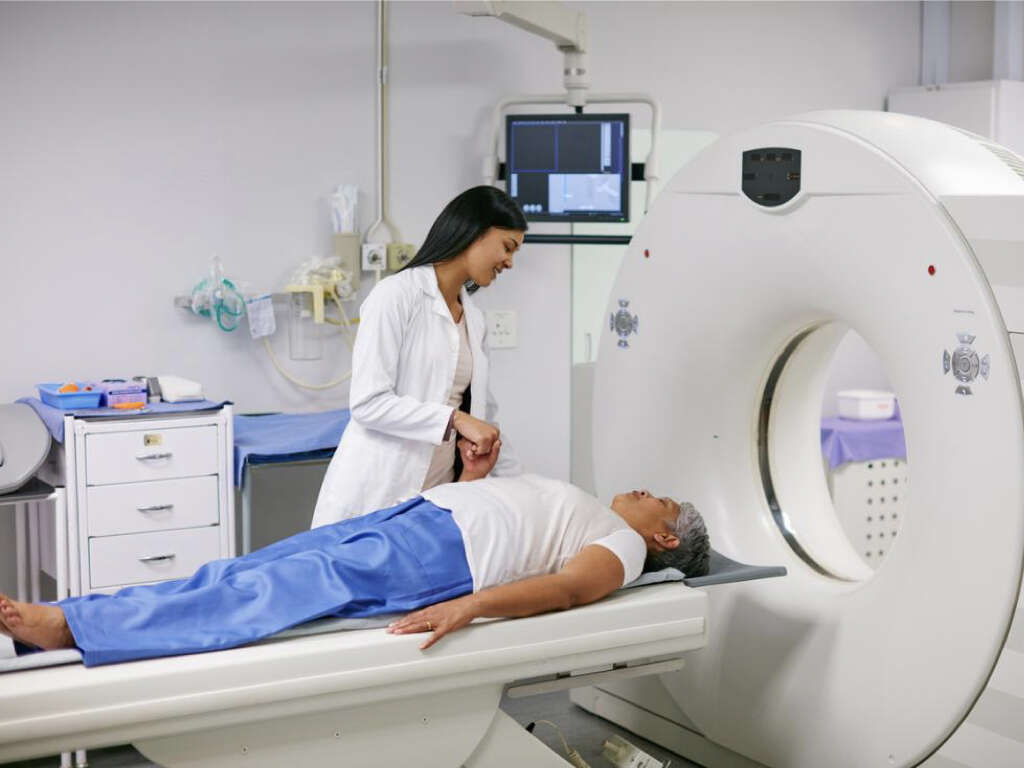10 ALS Symptoms
The brain and the rest of the central nervous system control the body. They control organ function, the way that people think, and body movements. If something goes wrong with the brain, the quality of life can deteriorate drastically.
Amyotrophic lateral sclerosis (ALS) is a condition that directly affects the neurons that are responsible for muscle movement 1https://www.ninds.nih.gov/Disorders/Patient-Caregiver-Education/Fact-Sheets/Amyotrophic-Lateral-Sclerosis-ALS-Fact-Sheet. Also known as motor neuron disease (MND), the condition causes the muscles to weaken and lose control. The body begins to have difficulty functioning, and the patient loses mobility.

Symptom #1: Muscle Weakness
People rely on the muscles every single day to move and perform various tasks, although people don’t tend to think about their muscles at all. Even making a cup of coffee involves the use of numerous muscles. It is easy to take the muscles for granted, but people notice when they are not working as they should.
Amyotrophic lateral sclerosis causes the muscles to weaken, which can restrict the patient’s mobility considerably. Exercise may help to slow the process but the muscles will continue to deteriorate over time. It is not uncommon for patients to become wheelchair-bound as the condition worsens.

Symptom #2: Mood Swings
ALS has some psychological effects on the patient as well, including erratic mood swings. They can happen at any time and for no particular reason, and they can also be very noticeable.
Patients may literally start laughing or crying uncontrollably for a short while or maybe for up to an hour. Patients often receive medication to help control the severity of these symptoms.

Symptom #3: Difficulty Breathing
People don’t often think about how to breathe, although the lungs are hard at work every day. The muscles in the chest help to expand the lungs, drawing in air that contains essential oxygen. When the same muscles cause the lungs to compress, the air is expelled and the cycle repeats.
However, when the muscles that control the expansion and compression of the lungs weaken, breathing becomes increasingly difficult. It may be hard for the patient to take a full breath, and the problem is likely to worsen as the condition develops. Severe cases can potentially require mechanical ventilation which may lead to a collapsed lung, so it is a potentially very dangerous symptom.

Symptom #4: Difficulty Swallowing
Swallowing is one of the most instinctive things people do. Even newborn babies are able to do so. It is an essential part of the feeding process and is usually something people do without even thinking about it. For some people, though, swallowing can become a challenge, making life considerably harder.
When the muscles responsible for the swallowing reflex become weak, the patient can find it difficult to eat. It is sometimes necessary to formulate a special diet of soft foods and soups that go down easily. ALS patients are also known to drool because they are unable to swallow saliva that accumulates in the mouth.

Symptom #5: Twitching and Cramps
Most people develop a twitch after sitting awkwardly. Athletes, in particular, can experience painful cramps, although they can happen to anybody. Usually, they will subside after a short time, but twitching and cramps can be troublesome for some people.
In people suffering from ALS, nerve impulses can cause uncomfortable twitching and cramps. The cramps can last for an hour or longer, although the severity of the cramps and twitches will vary from patient to patient. The cramps are likely to become less severe as the condition progresses, but that is because of increasing muscle weakness.

Symptom #6: Swelling of the Feet and Legs
Various mechanisms help the blood circulate through the body. An obvious example is the heart, but there are numerous others. Other mechanisms include valves that prevent the blood from being pulled down and muscle actions that help push the blood back up through the body.
Weakened muscles lead to poor blood circulation, causing the blood to pool in the feet and legs. This leads to swelling, which can be uncomfortable and make it difficult for people to wear shoes and socks.

Symptom #7: Loss of Speech
Speech is actually quite an intricate skill. It is a complex process that requires a range of muscles in the mouth and throat. If people lose control of their muscles, however, then even speech can become difficult.
People with ALS often find that their ability to speak is impaired. Even if their minds are willing and able, their muscles may not be up to the task, making it very frustrating for them. The symptom may be gradual at first, with a slight slurring of the speech, but it is likely to become increasingly worse as time goes by.

Symptom #8: Clumsiness
People are usually coordinated enough to be able to go through life without knocking things over or banging into things most of the time. People might have some moments of clumsiness, though, particularly if that person is sick or tired. For people with ALS, however, clumsiness can become a regular part of life.
With their neurons failing, ALS patients find it increasingly difficult to undertake even the simplest of tasks. Household chores become a struggle as the required motor skills are gradually lost. Loss of coordination can be a symptom of several potentially dangerous causes, so seek medical advice if the symptom persists.

Symptom #9: Change in Behavior
The most noticeable symptoms of ALS are usually physical, with muscle weakness contributing to decreased mobility. Not all symptoms associated with ALS are physical, though. The patient may also be affected psychologically. Some behavioral changes are necessary because a decrease in mobility means patients need to make adjustments in their lives, but others are a direct result of cognitive changes.
Around half of all people with ALS will undergo additional cognitive changes. They may begin to think differently as well as act differently. About one in four ALS patients develop dementia.

Symptom #10: Fatigue
Everyone gets worn out from time to time, both physically and mentally. For people with ALS, however, fatigue can be almost constantly present. Being physically weaker makes it harder to complete simple tasks, wearing patients out.
Twitches and cramps also take their toll on patients. ALS also causes significant mental frustration and anguish, which further contributes to patients’ fatigue. ALS patients may appear to be relatively inactive, but life can be quite exhausting for them.











